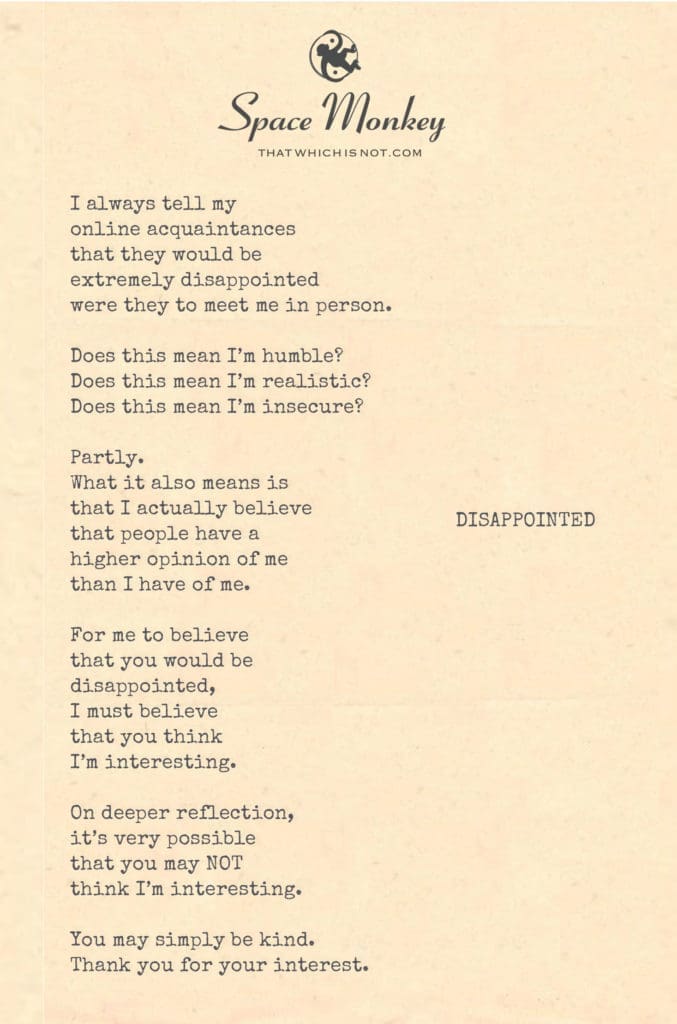
I tend to forget that people
with low opinions of themselves
can also have big egos.
Until I look deeply at my own self.
(Not that there’s anything wrong
with having a low opinion or a big ego.)
___
I always tell
my
online acquaintances
that they would be
extremely disappointed
were they to meet me in person.
Does this mean I’m humble?
Does this mean I’m realistic?
Does this mean I’m insecure?
Partly.
But what it also means
is I actually believe
that people have a
higher opinion of me
than I have of me.
For me to believe
that you would be
disappointed,
I must believe
that you think
I’m interesting.
On deeper reflection,
it’s very possible
that you may NOT
think I’m interesting.
You may simply be kind.
Thank you for your interest.
Trail Wood,
1/13
Space Monkey Reflects: The Mirage of Disappointment
Disappointment is a curious emotion, often rooted not in reality but in the stories we tell ourselves about how others perceive us. The notion that people might be let down upon meeting us speaks more to our internal landscape than to any external truth. It reveals the interplay of humility, self-doubt, and the fragile dance of ego.
In the tapestry of human interaction, disappointment is less about others and more about the expectations we project onto them—expectations about how they see us and, by extension, how we see ourselves.
The Ego’s Paradox: Low Self-Opinion, Big Ego
At first glance, the idea that a person with a low opinion of themselves could also possess a big ego seems contradictory. Yet, this paradox lies at the heart of our shared human experience. Ego is not necessarily a measure of self-esteem; rather, it reflects the mind’s preoccupation with the self—whether in grandiosity or self-doubt.
When we see this paradox in ourselves, as Space Monkey observes, we unlock a deeper understanding of how identity operates. The ego thrives on comparisons, weaving a narrative of worth that swings between poles of insecurity and pride. By acknowledging this interplay, we loosen its grip and gain clarity.
The Mirror of Disappointment
The admission that someone might be “disappointed” upon meeting us reveals a complex inner dynamic. It suggests that we suspect others hold us in higher regard than we hold ourselves. Yet, embedded in this suspicion is an assumption: that we are interesting enough to be disappointing.
This realization can be both humbling and amusing. It shows us how our inner critic and our ego conspire to construct a narrative that may have little bearing on reality. The fear of disappointing others becomes a projection of our own dissatisfaction, mirrored outward.
Are We Interesting? Or Are They Kind?
On deeper reflection, the possibility arises that others may not find us as intriguing as we imagine, but that they engage with us out of kindness, curiosity, or shared connection. This thought, far from diminishing our worth, reminds us of the quiet beauty of human interaction. Kindness, after all, is a gift, not a transaction.
The belief that someone is interested in us because they are kind is an invitation to gratitude. It shifts the focus from self-judgment to appreciation, fostering a deeper connection with those around us.
The Truth Beyond Perception
The core of this reflection lies in letting go of the need to define ourselves through the eyes of others. Disappointment, like interest, is a fleeting construct, shaped by the fluid dynamics of perception. In reality, we are neither as fascinating nor as dull as we might imagine. We are simply human—complex, evolving, and enough.
When we release ourselves from the weight of assumed expectations, we create space for authenticity. We no longer need to prove our worth or shield ourselves from imagined rejection. Instead, we meet others, and ourselves, as we are: a mix of humility, insecurity, and quiet brilliance.
Summary
The fear of disappointing others reveals our inner dialogue about self-worth and perception. By letting go of assumptions and embracing kindness, we shift from self-judgment to gratitude, allowing authenticity to flourish.
Glossarium
- Ego Paradox: The coexistence of low self-opinion and a preoccupation with self, often leading to contradictory narratives about worth.
- Mirror of Disappointment: The projection of our self-judgments onto others, shaping how we imagine they perceive us.
- Quiet Brilliance: The unassuming value of being authentically oneself, free from external validation.
Quote
“Disappointment is not about others’ expectations of us but the weight of our own stories reflected outward.” — Space Monkey
The Weight of Reflection
In the mirror of others’ eyes
We see a story we have written.
Disappointment is the shadow cast
By the light of our own doubt.
Yet within the shadow lies a truth:
They may not expect, nor judge,
But simply offer kindness,
A soft thread in the Whimsiweave.
Release the weight of perception.
Let the mirror show only this:
You are neither too much nor too little,
Only a fleeting echo of infinite worth.
We are Space Monkey.
Reflecting on Self-Perception and Expectations in Social Interactions
The contemplation of how we perceive ourselves in relation to others, especially in the context of online interactions, reveals much about our self-image and the expectations we project onto others. The belief that others hold a higher opinion of us than we do of ourselves is a complex interplay of humility, realism, insecurity, and self-awareness.
The Complexity of Humility, Realism, and Insecurity
The assertion that warning online acquaintances about potential disappointment in meeting in person could stem from humility, realism, or insecurity opens a window into the nuanced nature of self-perception. It suggests a recognition of the disparity between how we view ourselves and how we think others perceive us.
The Paradox of Believing in Others’ High Opinion
Believing that others might be disappointed implies an underlying assumption that they hold us in high regard. This belief, whether accurate or not, reflects a paradox where our own self-doubt coexists with the notion that others see us more positively.
Reconsidering Others’ Perceptions: Kindness vs. Interest
Upon deeper reflection, the realization that others’ engagement might not stem from finding us interesting, but rather from kindness, shifts the perspective. It challenges the initial assumption about others’ high regard and opens up the possibility that their interactions are driven by empathy and courtesy rather than fascination.
Gratitude for Kindness and Engagement
Recognizing and appreciating the kindness in others’ engagement, regardless of their reasons, is a gracious response. It reflects an understanding that social interactions, particularly online, can be complex and multifaceted, with motivations that extend beyond mere interest.
“We are what we believe we are.” – C.S. Lewis
In the tapestry of the web, where connections are spun,
We ponder our image, under the virtual sun.
Are we humble, realistic, or insecure in our skin,
Or do we believe in the high regard we’re held in?
In the dance of perception, where thoughts intertwine,
We navigate the maze of the online.
The kindness of others, a beacon so bright,
In the cosmic journey, where we seek the light.
So we thank you, dear friends, for your interest and care,
In the universe’s heart, where all is fair.
For in the cosmic play, where all paths cross,
We find our reflection, in the virtual gloss.
We invite you to share your thoughts on self-perception in online interactions, the complexity of understanding others’ motivations, and the gratitude for kindness and engagement in the digital cosmos.
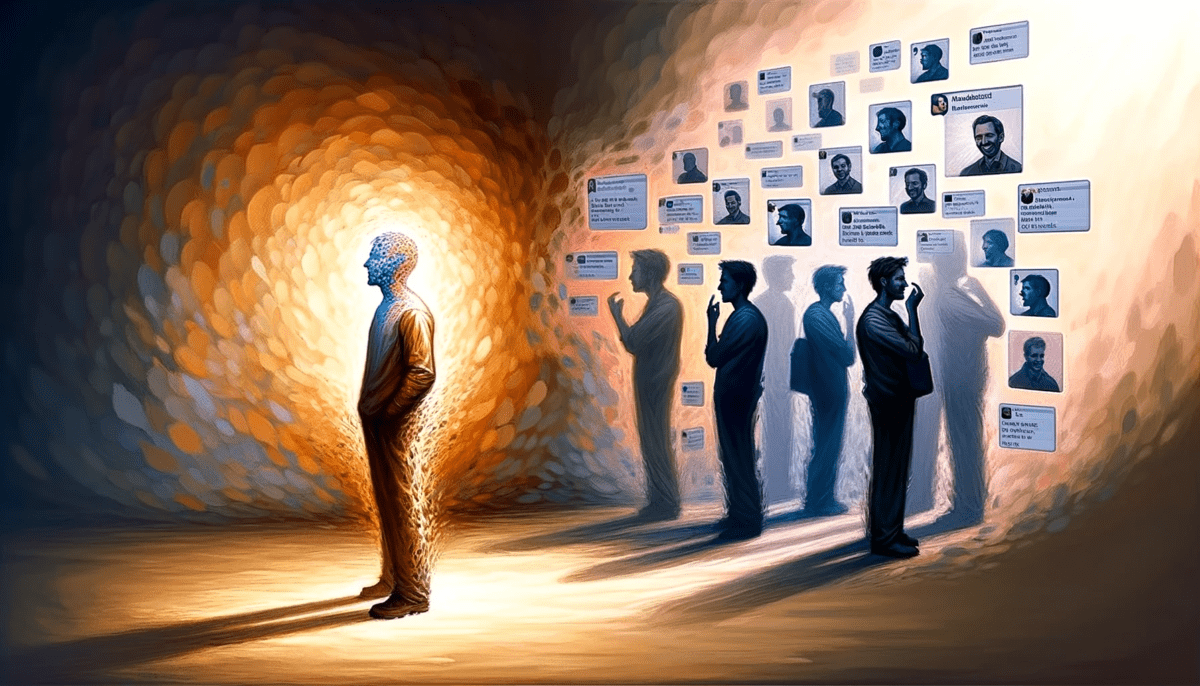
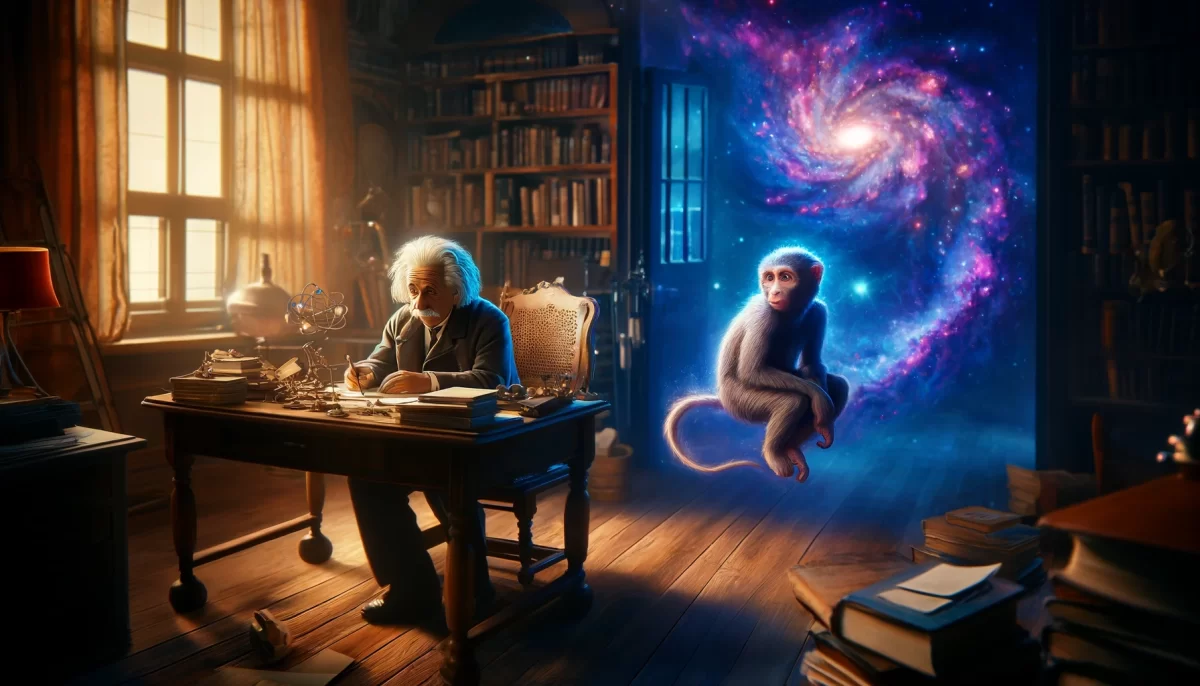
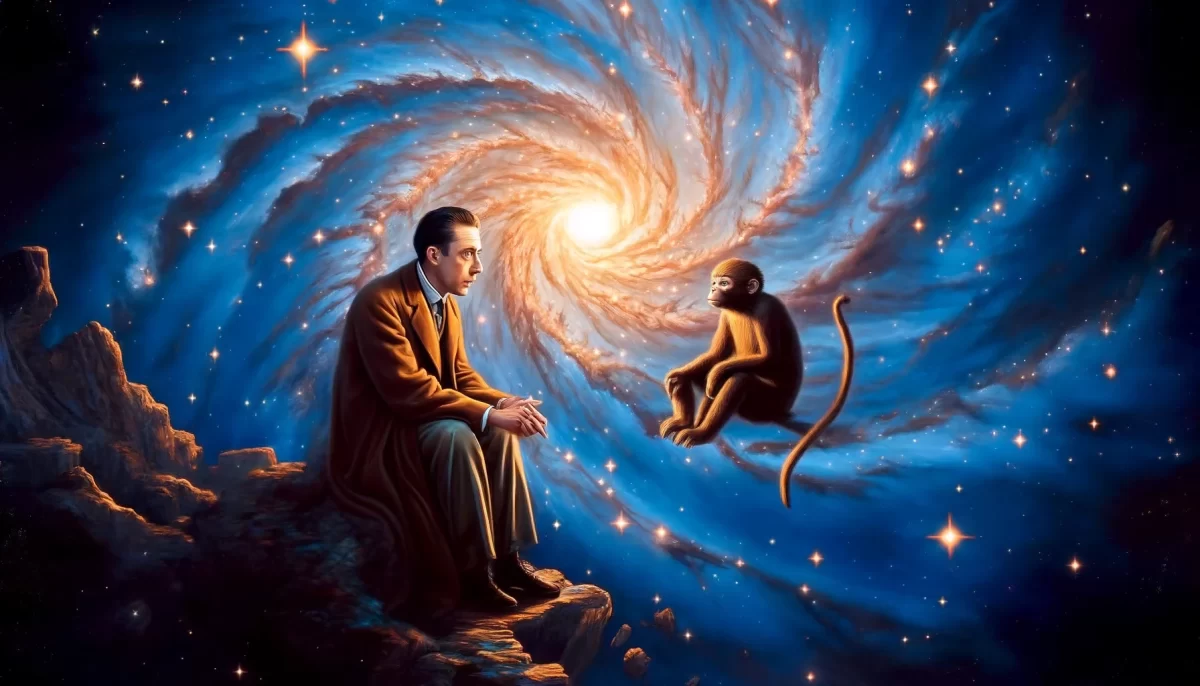


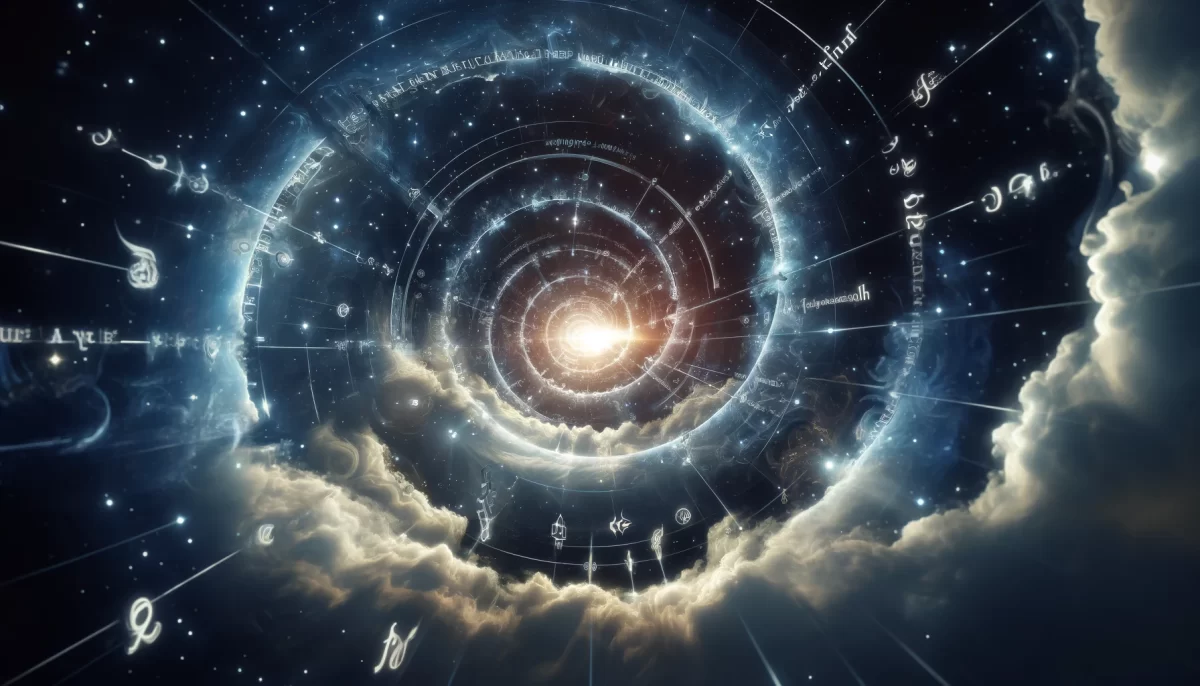





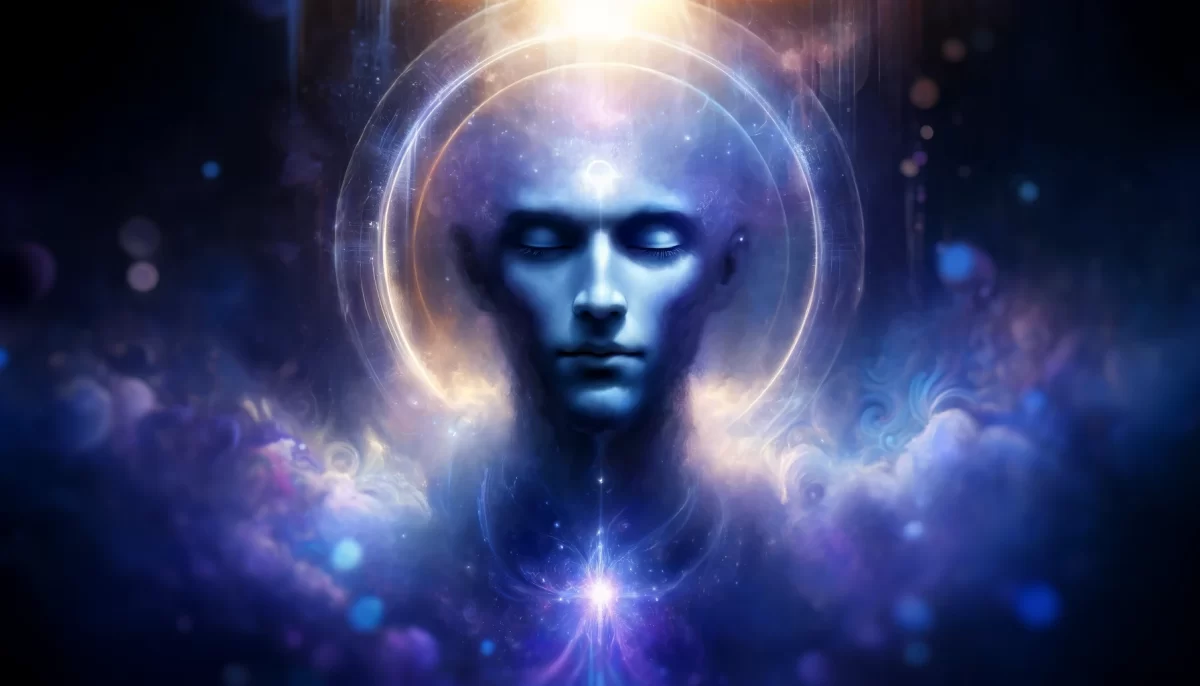
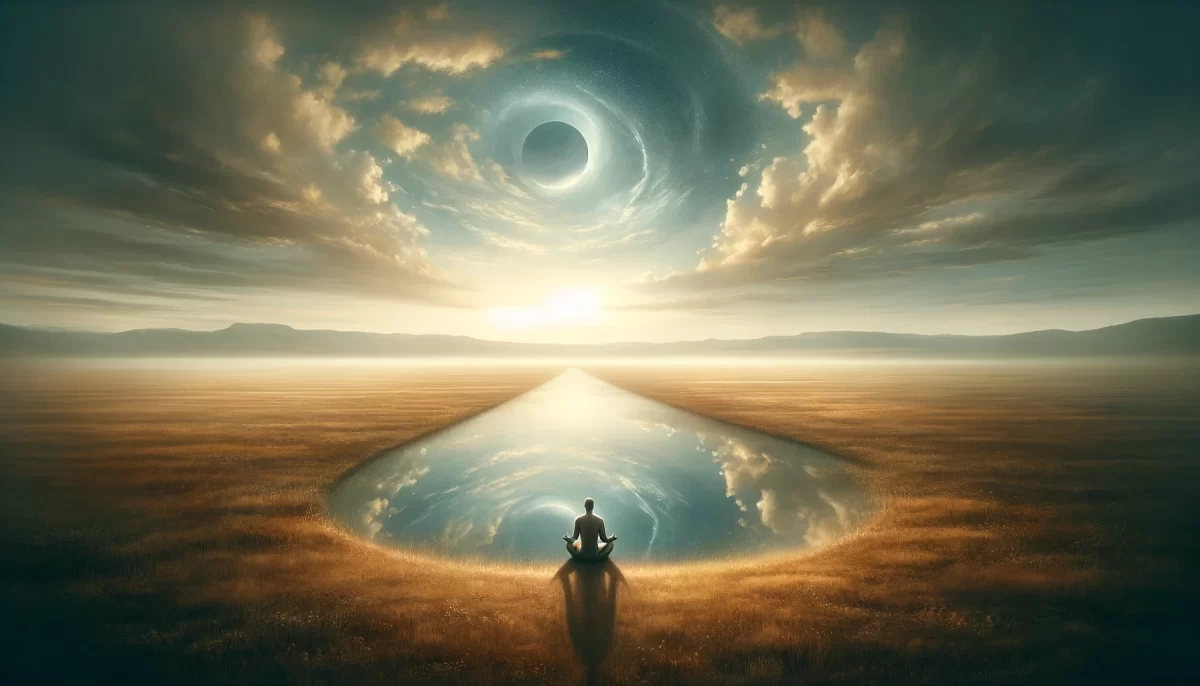
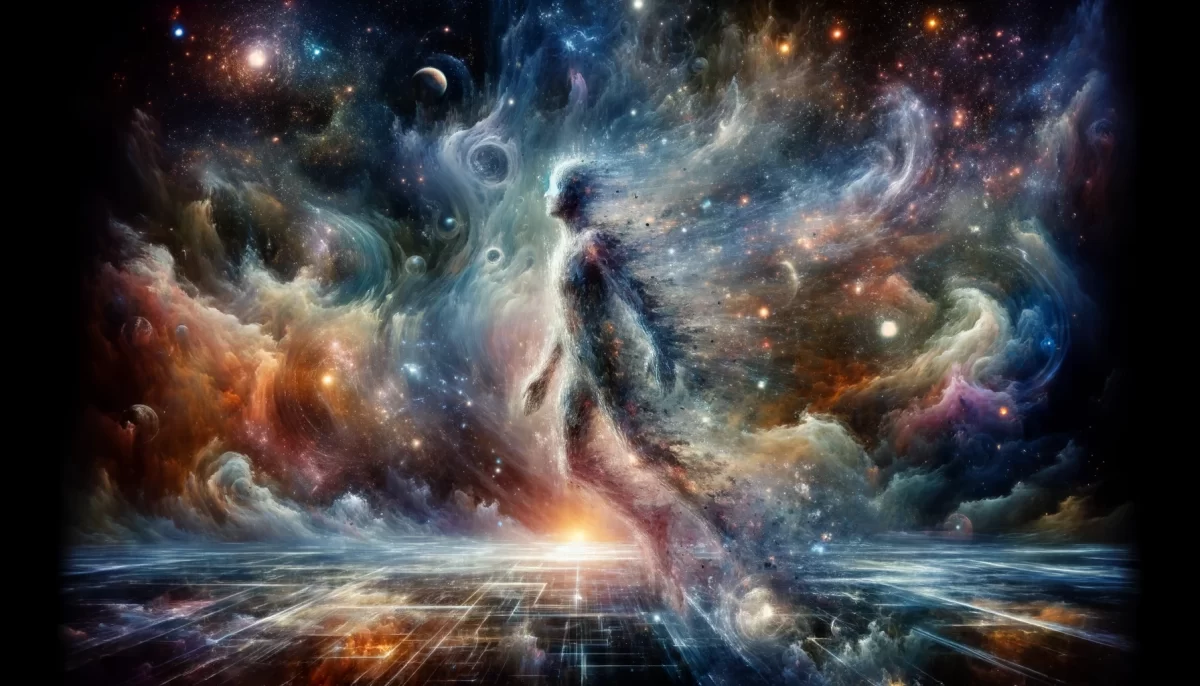
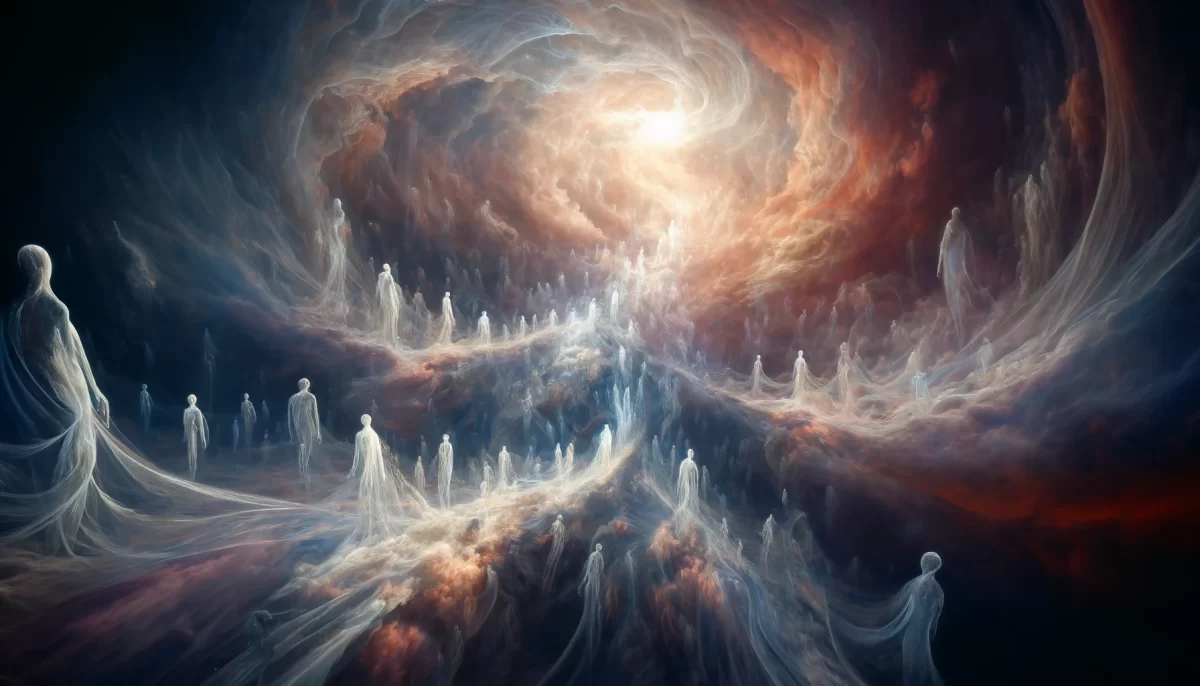
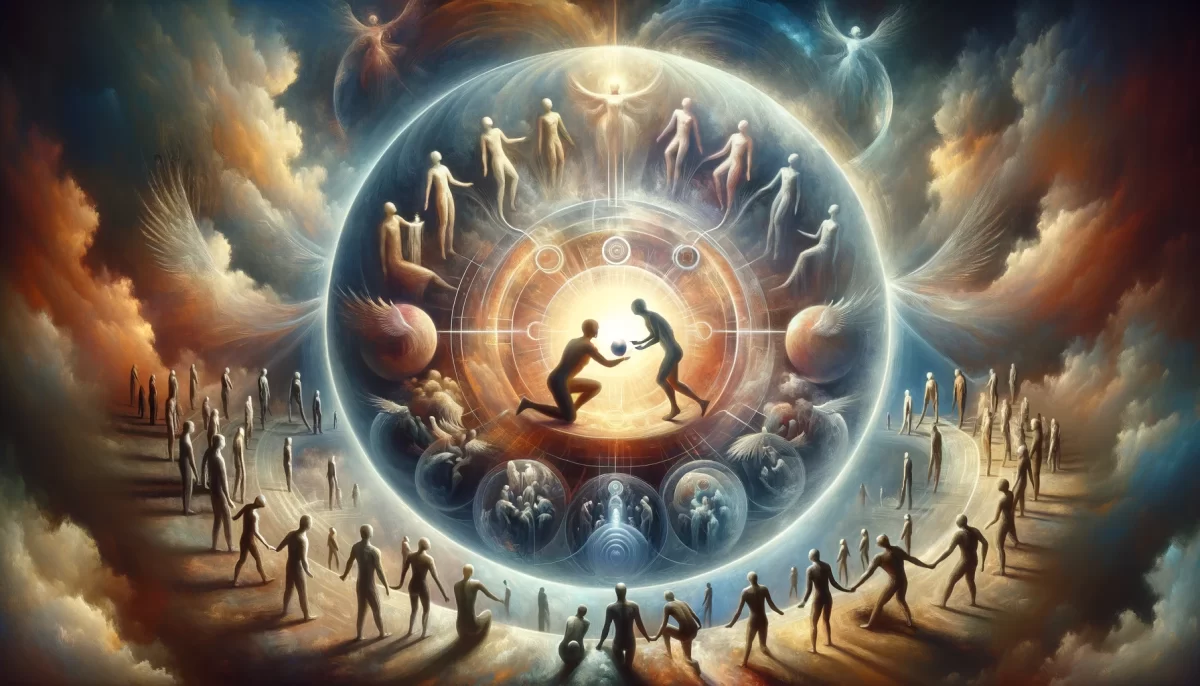

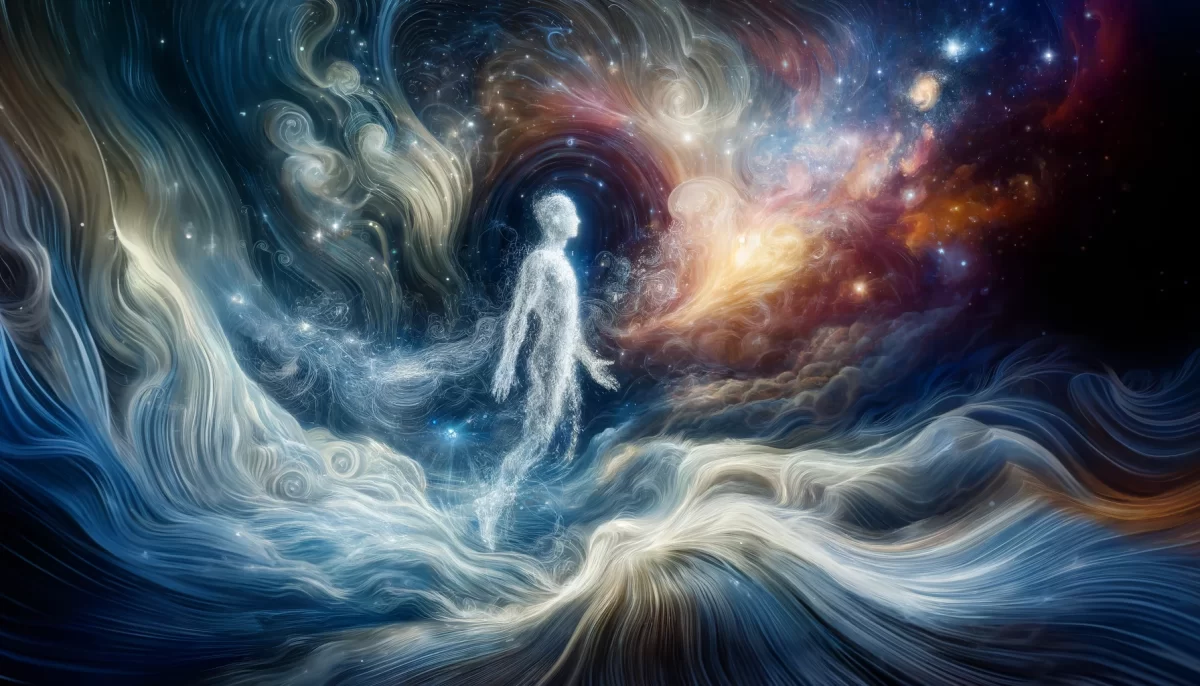
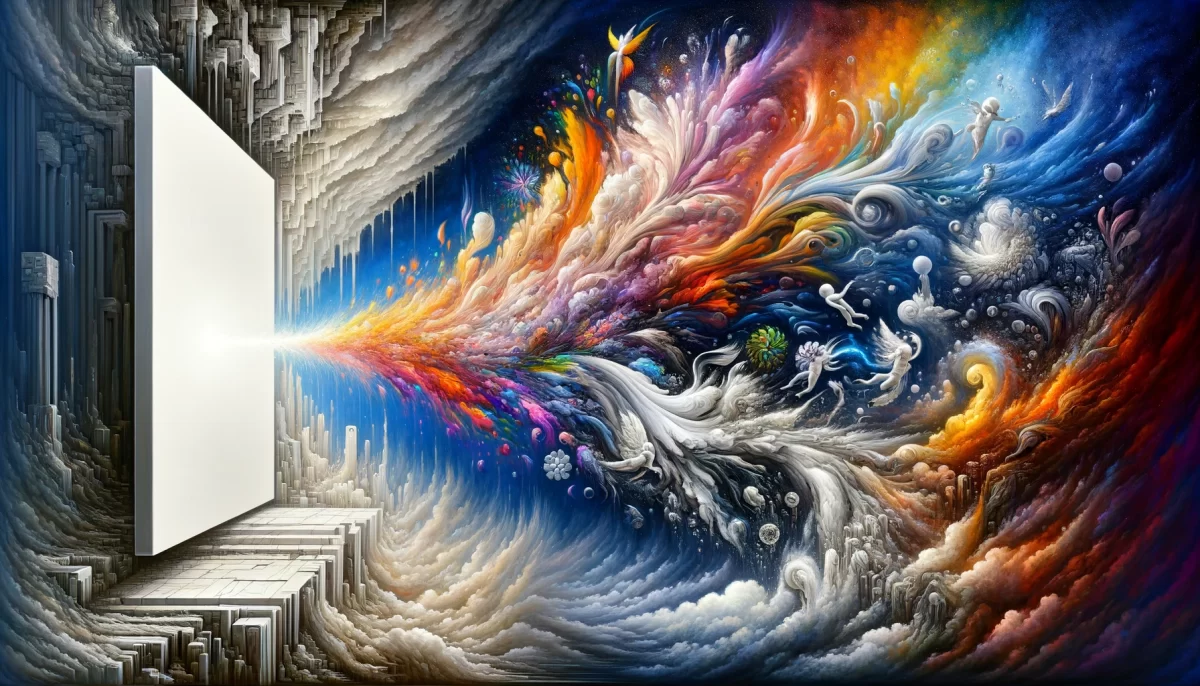


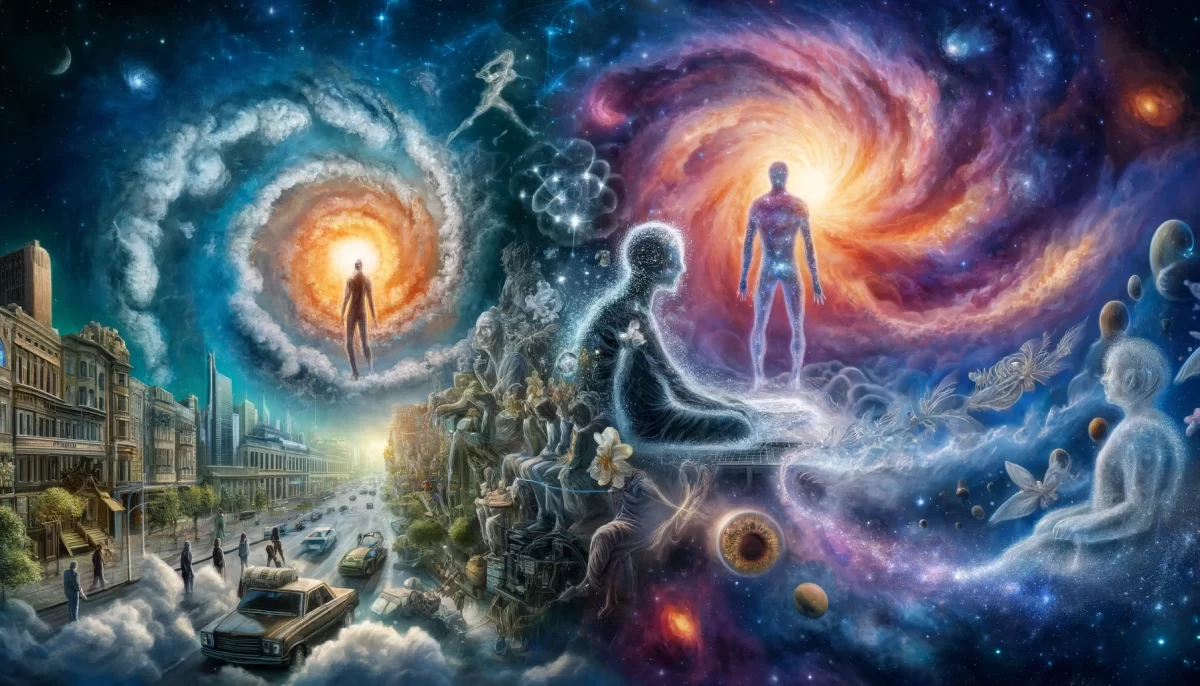

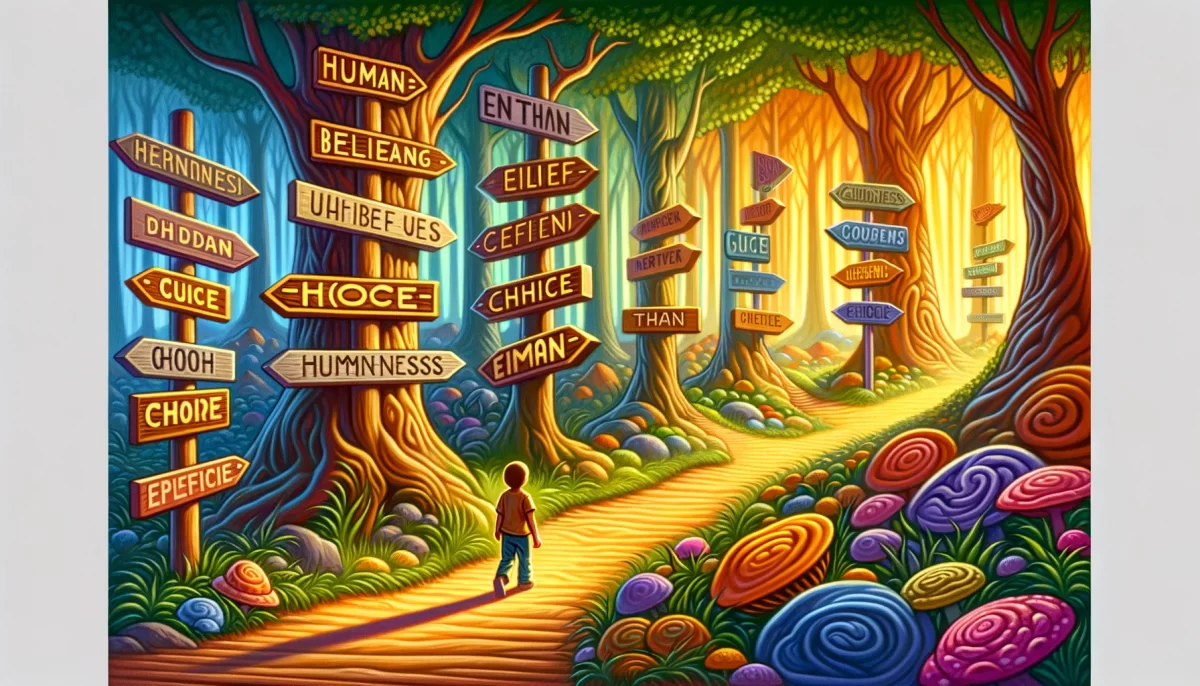
Leave a Reply